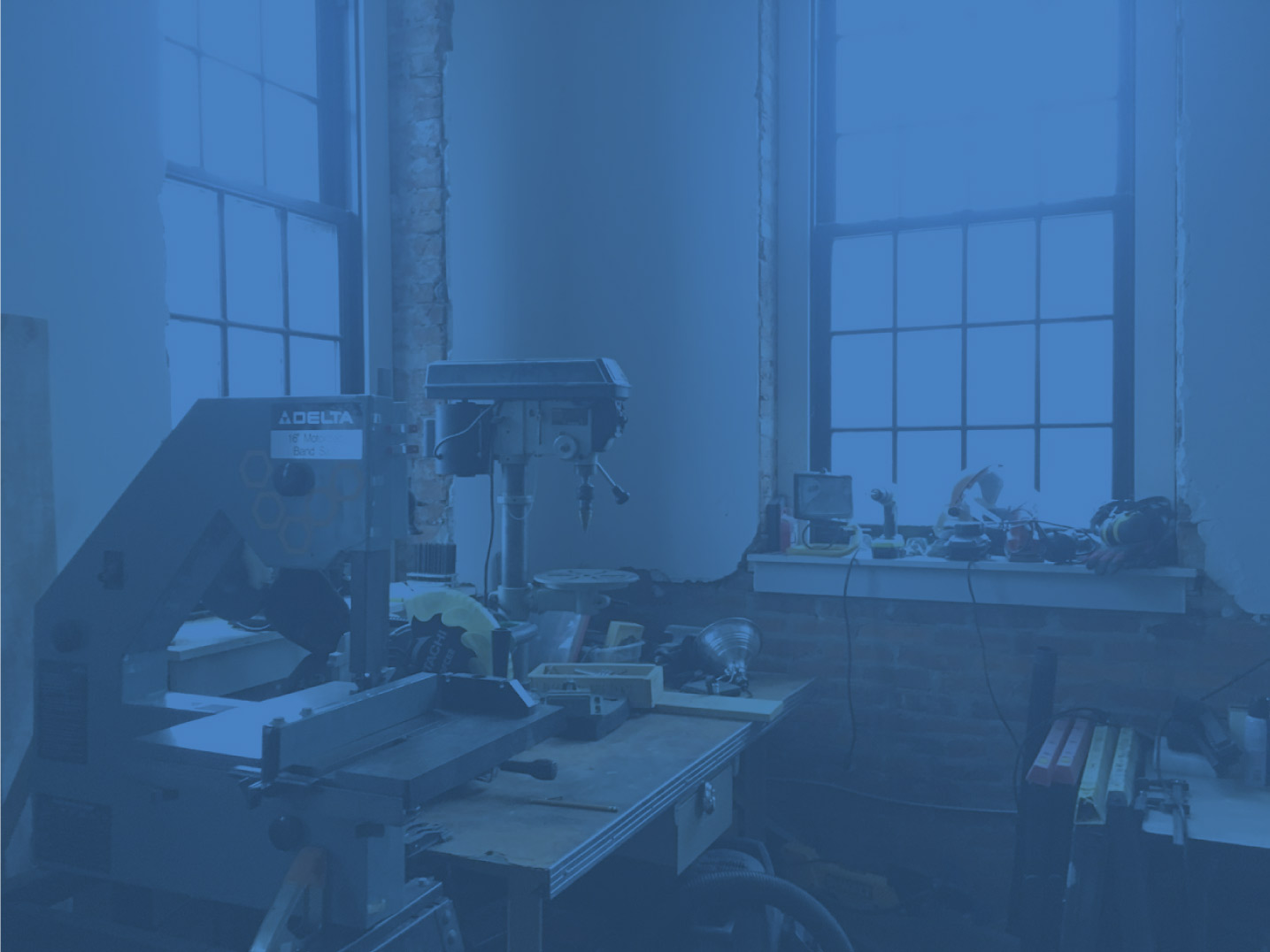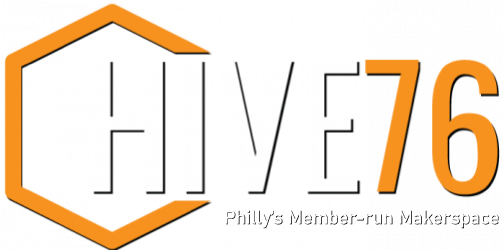Well, I’ll tell you.

Sunday June 12th from 12 noon to 4pm we will be opening the space to WPPM.
They will be cleaning and testing their sound consoles to be used at their low power FM station debuting later this summer.
If you want to come down and help, or just watch, PLEASE do so. WPPM is a part of PhillyCam.
PhillyCam, WPPM, and Hive76 all welcome and provide access to anyone with an interest.
There may be more than one session. Stay posted here for further updates.
And later in the month; MORE RF.
2016 ARRL Field Day is June 25-26
I will be running (with LOTS of help) the G.O.T.A (Get on the Air) station at the PhilMont Mobile Radio Club Field Day event at:
Fort Washington State Park in Fort Washington, PA.

Again, this event is open to all! Lots of RF stuff will be happening. If at all curious, please come out and check out the festivities. Amateur radio. Amateur radio digital modes. Satellite communication. FOOD. SDR radio. Mesh networking and more.
Hope to see you at these events. …. — .–. . / – — / … . . / -.– — ..- / .- – / – …. . … . / . …- . -. – …




